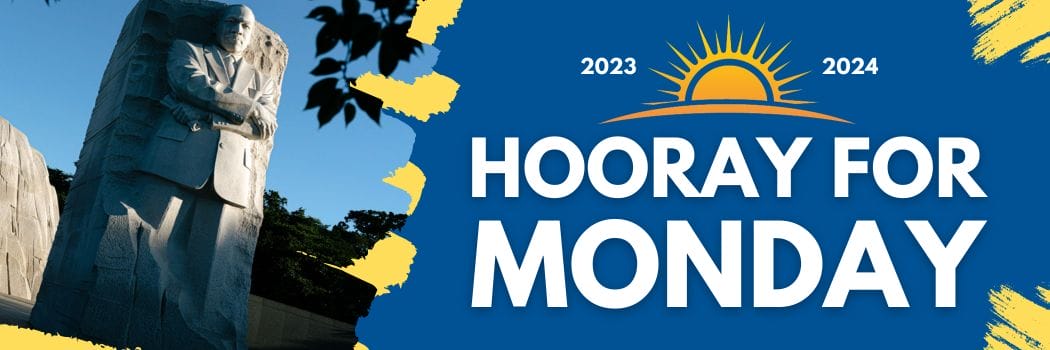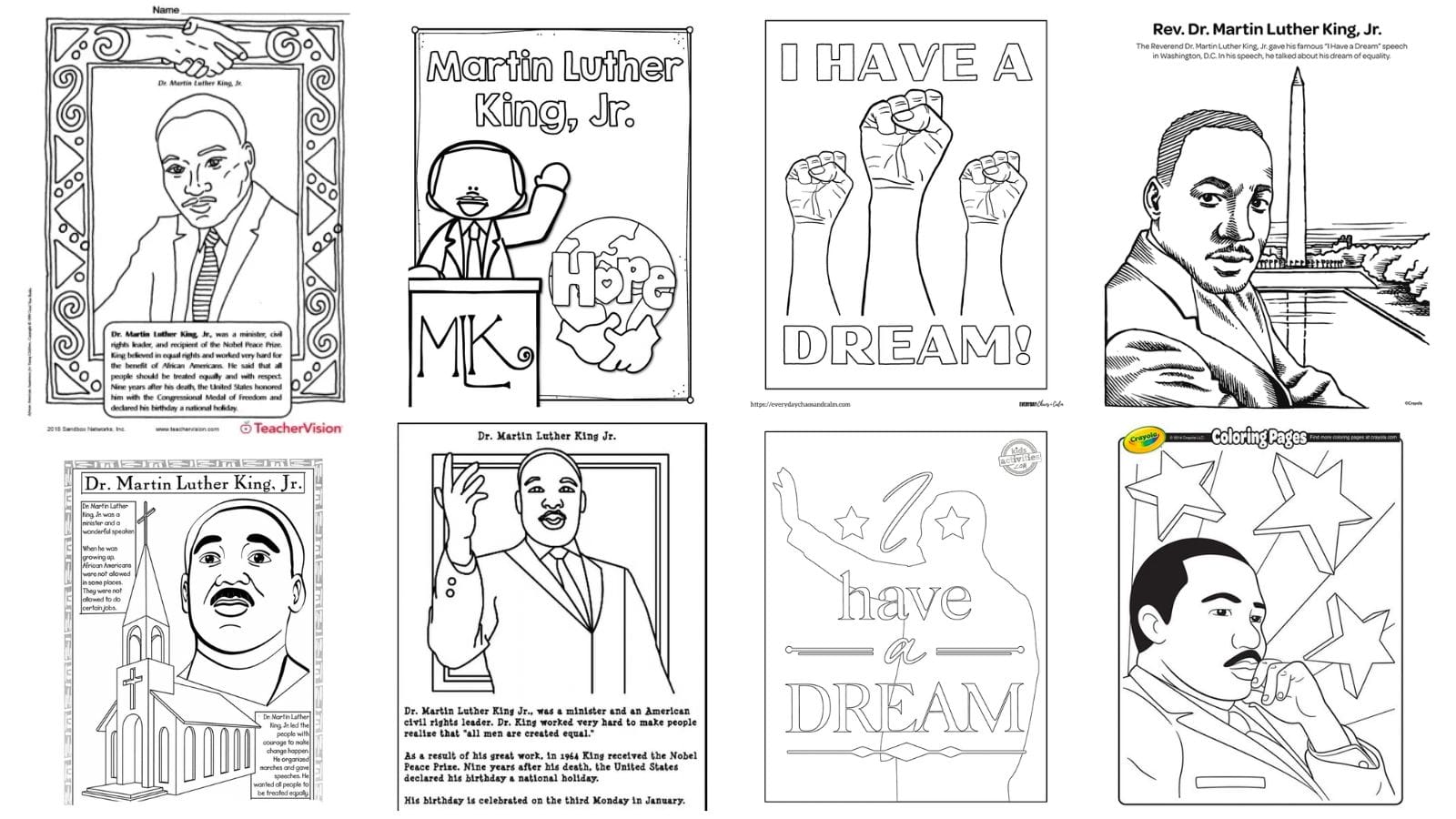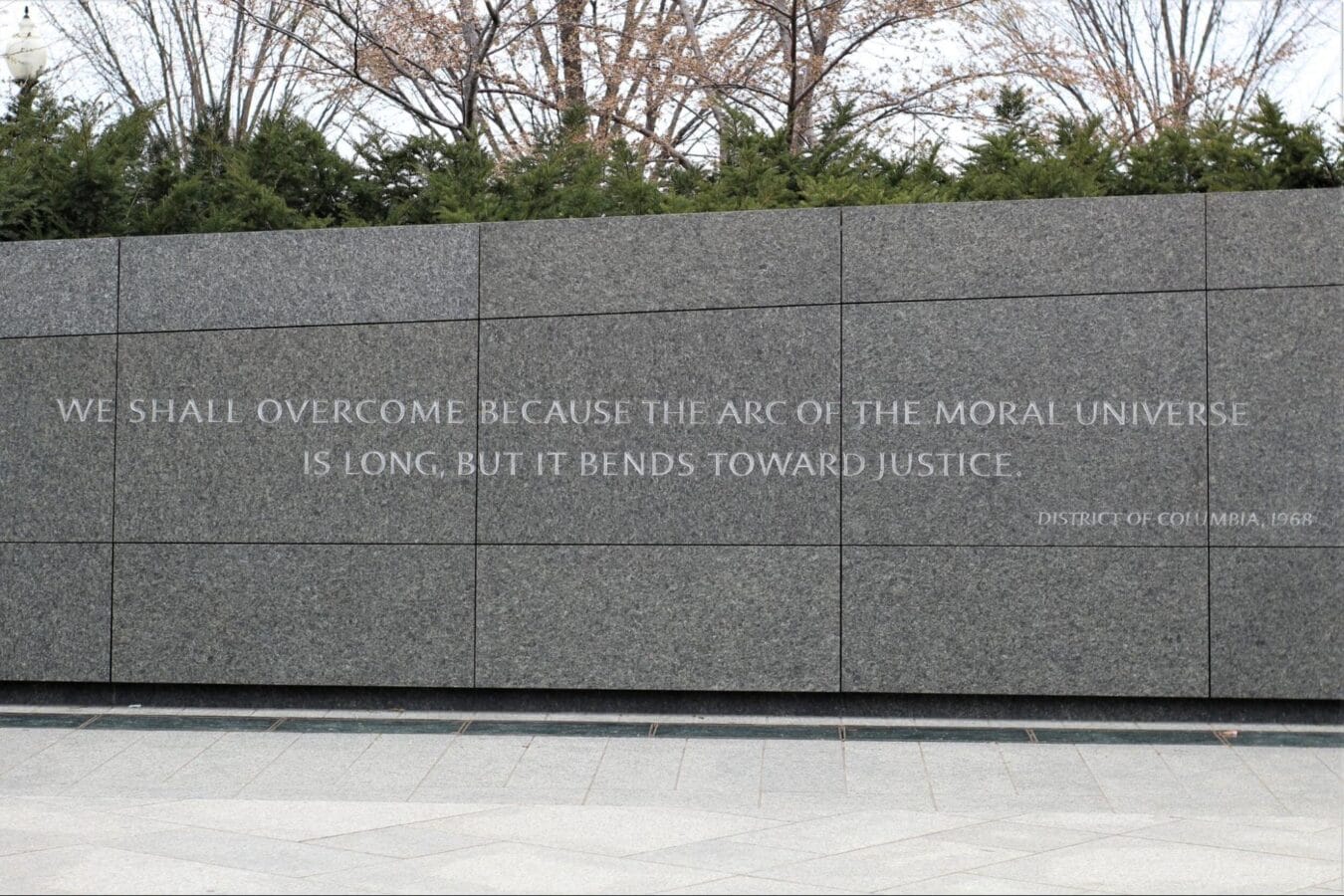
Hooray for Monday is a weekly blog filled with questions, ideas, reflections, and actions we can all take to remodel the school experience for students. Prefer audio? Listen to the Hooray For Monday podcast! Available on your favorite platforms here.
January 15, 2024
Jenna Fournel, Director of Teaching and Learning
When I learned about Dr. Martin Luther King in elementary school, we colored pages and listened to tape recordings of his booming voice telling us about his dream. He was always smiling on those pages, and the story I grew up with in California in the ‘80s was one of Dr. King’s dreams fulfilled.
Thanks to a few brave teachers who deviated from the prescribed curriculum over the years, the privilege of growing up in a household filled with books, and a curiosity that was stoked by both of these factors, I eventually discovered I was being told a simple and incomplete story.

I recently learned that when Dr. King was assassinated in 1968, there were still segregated schools in Virginia, the state I live in today. That is a fact you can discover through a Google search, but I found it because I stumbled upon the Scrabble School in Rappahannock County, Virginia. A “Rosenwald School,” the Scrabble School was built in 1921 during the Jim Crow era of segregation to provide elementary education to African-American children. On the website for the school’s historic preservation, you can listen to oral histories from alumni recorded about a decade ago. Their powerful stories complicate my understanding of this state I call home.
A month ago I watched Rustin, a film about Dr. King’s close advisor Bayard Rustin who is largely left out of the history of the civil rights movement, some suggest, because he was gay. That film complicated my understanding of the March on Washington and the internal politics and prejudices that raged behind the scenes of a movement I realize I only really know on its surface.
Each year students in Inspired Teaching’s Real World History class load a fresh set of oral histories into the DC Public Library archives that feature stories of Washingtonians who arrived in this city as part of the Great Migration. Their stories complicate my understanding of a place the world knows for its monuments, museums, and seats of power, but that I’m still learning to know for its history of communities and culture.

On January 1, I visited the MLK Memorial and the Lincoln Memorial with family visiting from out of town. Standing in these spaces made me wonder what Dr. King would think of the world if he were alive today. I imagine he’d point to progress while remaining pragmatic about the tremendous work yet to be done.
In one of the last speeches he gave before he died, Dr. King said, “…the arc of the moral universe is long, but it bends toward justice.” Complicating stories helps us see where we are on that arc, and informs us about what we must do to keep bending it.
For additional insights, resources, and information on Inspired Teaching teacher and youth programming, subscribe to the Hooray For Monday newsletter!
Hooray For Monday is an award-winning weekly publication by Center for Inspired Teaching, an independent nonprofit organization that invests in and supports teachers. Inspired Teaching provides transformative, improvisation-based professional learning for teachers that is 100% engaging – intellectually, emotionally, and physically. Our mission is to create radical change in the school experience – away from compliance and toward authentic engagement.
